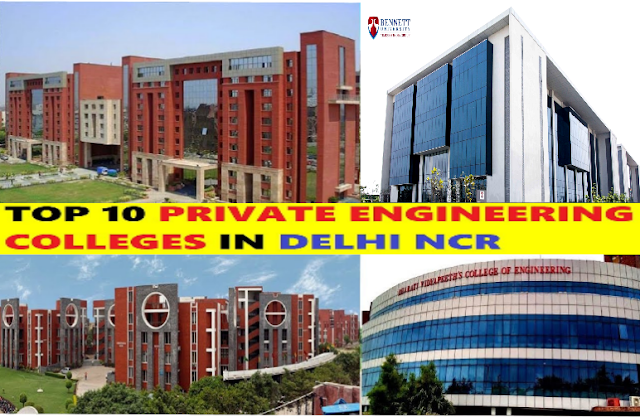According to world famous Steve Jobs- “It is in Apple’s DNA that technology alone is not enough—it’s technology married with liberal arts, married with the humanities, that yields us the results that make our heart sing.” Steve Jobs saw himself more as a humanities person than a businessman which makes us believe that the importance of studying Humanities cannot be ignored.
Trends are changing fast in the present scenario and students are taking interests in humanities just like they have been taking interest in streams such as science and commerce.
The term Humanities is not confined to a limited area but stretches beyond the unknown and covers language, both modern and classical; literature; history; philosophy; archaeology; religion; ethics, the theory of the arts; social sciences; and the study of the human environment. Humanities offer massive core and sub-disciplines including arts, humanities, liberal arts, fine arts, social science, performing arts, cultural and ethnic studies.
The scope of studying Humanities in Abroad
By studying Humanities in abroad one gets a chance to explore the study at a global platform, it gives a new eye to expand one's academic considerations and experiences. Humanities students have a great horizon to choose from- fine art/fashion lovers can opt France or Italy, food lovers can move to New York etc. Many schools/colleges also organize trips or excursions to the students to host their authentic and regional experiences.
Career Prospects
Job opportunities for humanities students are vast and un-ending. One who has a unique vision and an extraordinary talent can taste success in no time. Few of the Job Profiles are as follows:
- · Mass Communication & Journalism and can work for News Channels, Radio Networks, Production Houses, Advertising Agencies, Newspapers
- · Content writer for Newspapers, Magazines, Social Media Websites, various other companies for full time/part-time writers
- · Civil Services such as IRS/IPS/IAS/IFS officers after clearing UPSC examination
- · Human Resource Manager(HR Manager) in various companies
- · Educationist and can work in Schools, Colleges
- · Researcher
- · Social worker can work in NGO’s
- · Artist can work in galleries, theatres, museums
- · Lawyer
- · Psychologist
- · Interpreter
There are plenty of interesting and unique jobs available for humanities students all over the world; one just needs to select his/her interest area.
Due to rise in market trends, mushrooming media, and the internet research, Humanities is becoming the most sought stream among students. The liberal arts offer knowledge as well as cultivation of habits of mind that allow students to develop into successful, productive members of society who can appreciate others, experience and embrace the notion of empathy, and seek lifelong learning. Humanities help us to analyze and grapple with complex moral issues and help us understand what goes on inside of us and show us what it means to be a human being.













